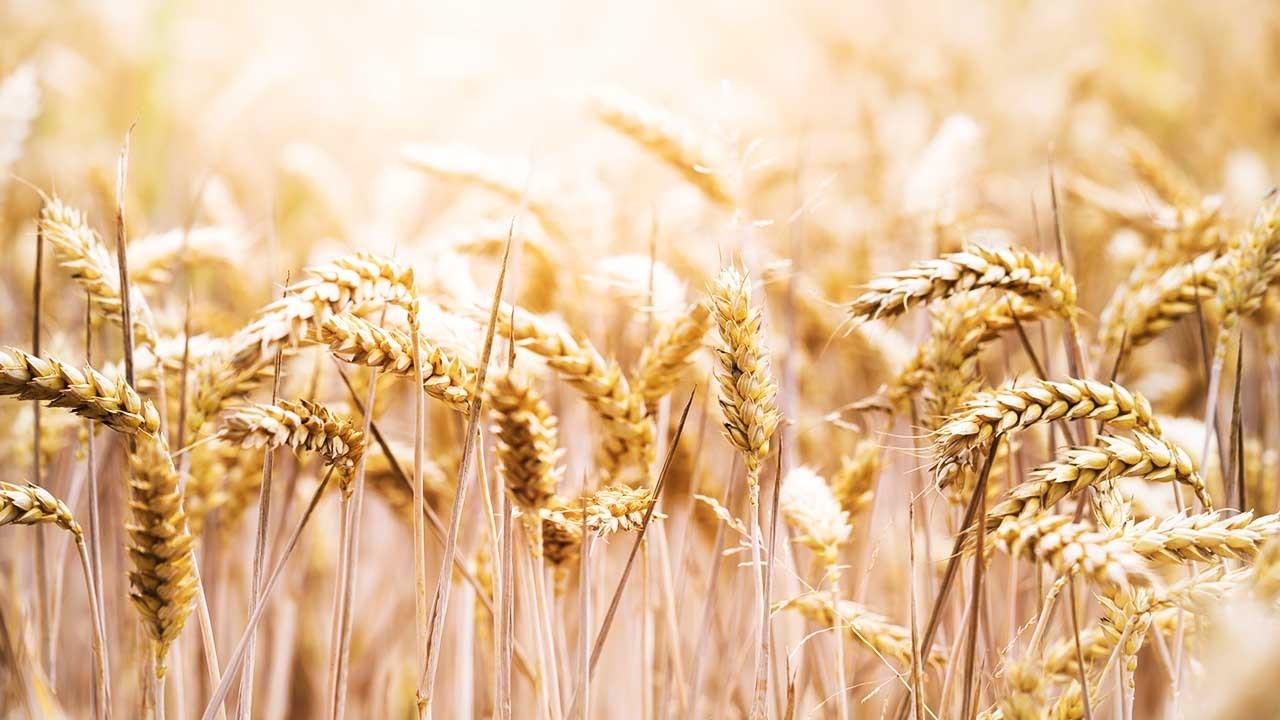Everything You Need to Know About Gluten. With Dr Ashvy Bhardwarj. Podcast Episode 22

Podcast with Dr Ash
Introduction to Gluten
Gluten is a controversial area. Many experts think that gluten is hugely inflammatory and contributes to many diseases.
We know that people with coeliac disease can't tolerate gluten. But what about people who don't have coeliac disease?
Should they exclude all gluten?
In today's episode Dr Ash explains what gluten is, how it can affect our bodies and what we should do to find our "gluten threshold".

What is Gluten?
A protein found in wheat, barley and rye.
What is Coeliac Disease?
Coeliac Disease is an autoimmune condition. It can be described as a “severe gluten allergy”.
People who are diagnosed with coeliac disease are on a life long gluten free diet. If you have coeliac disease and eat gluten it can affect your body and make you unwell. (Even if you don’t notice it.)
Coeliac Disease Is Difficult to Diagnose
Coeliac Disease (aka “Celiac Disease”) can be difficult to diagnose. Partly as the symptoms are often “non specific”.
It is also possible to have a “false negative” blood test. (Which means your blood test says you don’t have coeliac disease but actually you do.)
The gold standard to diagnose coeliac disease is with a biopsy.
You also need to be eating a diet with gluten in it at the time of testing, otherwise the tests won’t be accurate.
If your test is positive, you have Coeliac Disease.
Bottom line: Coeliac Disease can be difficult to exclude. A negative test doesn’t ensure you don’t have it.
What Is the Big Gluten Controversy for People Who Don’t Have Celiac Disease?
Many people have “non celiac gluten insensitivity” (NCGS). People with NCGS are sensitive to gluten. They still have symptoms that are triggered by gluten (similar to people with celiac disease.) However, they don’t test positive to Celiac Disease.
Read more about NCGS here.
Gluten Causes Inflammation in the Body
Inflammation is at the heart of many chronic disease. Gluten causes inflammation in our bodies that we don’t see.
See also: Podcast Episode How to Avoid Heart Disease With Diet.
A lot of gluten is now highly genetically modified. (The theory is that our bodies haven’t adapted to the new forms of gluten.)
Gluten often comes hand in hand with highly refined carbohydrates. (aka packaged foods.)
We now eat vast amounts of gluten. A typical diet includes gluten for breakfast, snack, lunch and dinner.
Gluten Is Addictive
Gluten contains compounds called “gluteomorphs” or “gliadorphins”. These peptides are opioid-like structures that behave like morphine in the brain.
Read more about gluteomorphs here.

Gluten Can Cause Many Different Symptoms
Ash tells her personal story of how her eye sight improved (not related to long sightedness of old age!) Her plantar fasciitis, skin and energy levels all improved.
Common Symptoms That Dr Ash sees That Improve with a Gluten Free Diet
- Brain fog
- Energy levels
- Acne
- Migraines and headaches
- Nasal congestions
- Acid Reflux
- Bloating
- Aches and pains
- Arthritis
How to Know How Gluten Intolerant You Are
You need to exclude ALL gluten from your diet for 60 days. After that, you can reintroduce small amounts of gluten and see what reaction you have.
Before You do a Gluten Challenge
You need to prepare! Find out where all the secret gluten is hiding. Many packaged foods and cosmetics contain gluten.
Then plan what you’re going to eat instead.
Ideally you don’t want to be eating processed foods that are gluten free. (e.g. gluten free bread and pasta.) Eat lots of vegetables.
Reintroduce Gluten after 60 Days
Try a small amount of gluten. Wait for 5 days to see how you feel.
If you don’t feel any different, you’re gluten tolerant.
Even if You’re Gluten Tolerant
It’s still a good idea to either exclude gluten or eat it in moderation.
Connect with Dr Ash
Visit Dr Ash's site here: https://thebespokedoctor.com
You can contact her here: https://thebespokedoctor.com/contact/

Author Bio
Dr Orlena is a health coach. She helps busy mums go from "I can't lose weight" to feeling fit and fabulous. Find out more about her here.


